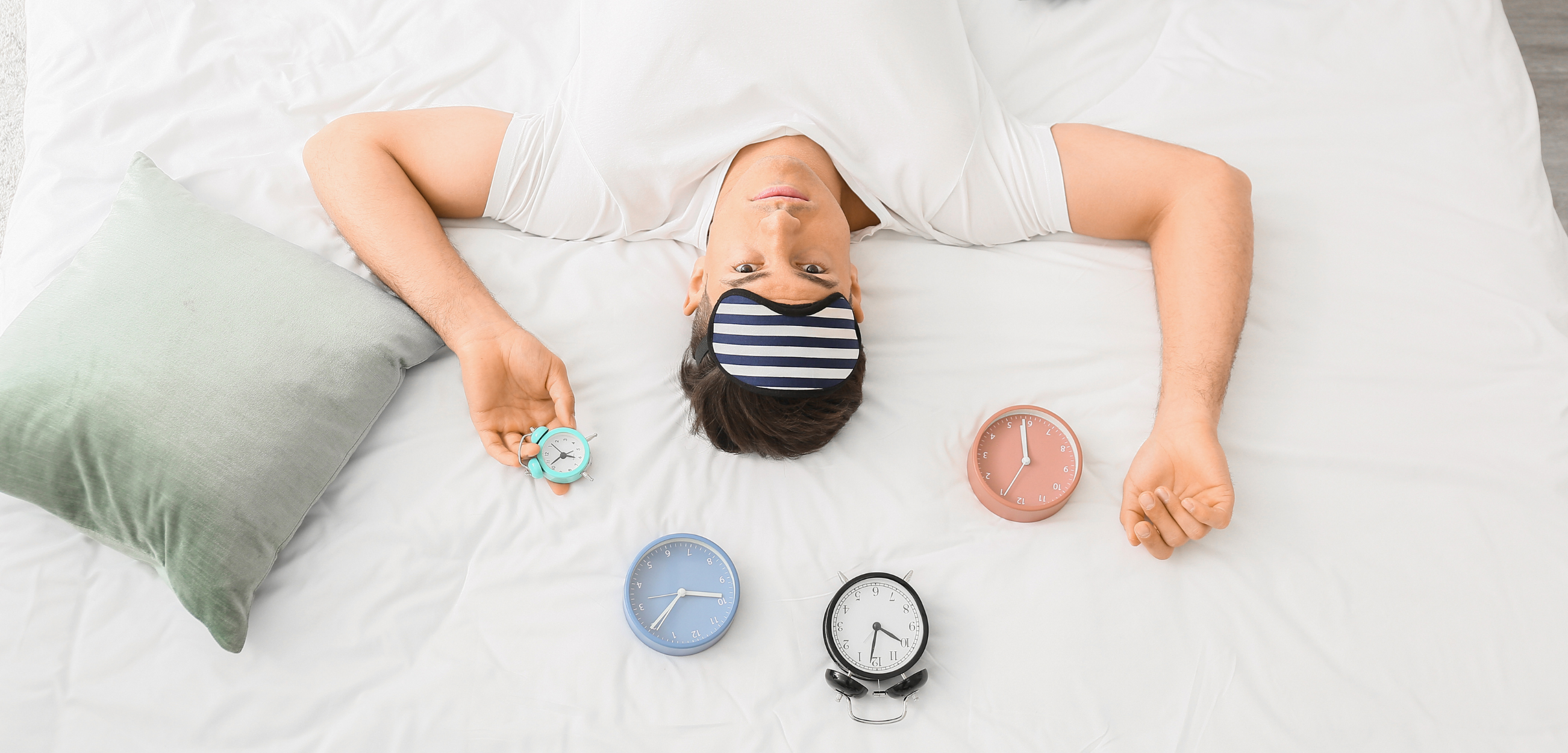Do you find yourself tossing and turning at night, unable to drift into that restful slumber you so desperately crave?
Or maybe you wake up, exhausted and bleary-eyed, feeling like you’ve barely closed your eyes?
If sleep is slipping through your fingers, it’s time to dive deeper into understanding what might be stealing your sleep, and more importantly, how to reclaim it.
- The Usual Suspects: Common Sleep Disruptors
When you think of sleep thieves, caffeine and screen time are likely to be at the top of your list—and with good reason. However, there are other more insidious culprits that often go unnoticed:
• Caffeine and Nicotine: Caffeine is the most widely used stimulant in the world. Consuming it later in the day can delay sleep, while nicotine acts as a stimulant, preventing your body from winding down.
• Electronic Devices: The blue light from phones, tablets, and computers interferes with the production of melatonin, a hormone that regulates sleep.
Irregular Schedule: Your body thrives on consistency. Frequent changes in sleep times can confuse your internal clock.
Diet and Alcohol: Heavy meals or drinking alcohol close to bedtime can disturb digestion, making it harder to sleep soundly.
- Environmental Factors
Creating a sleep-friendly environment is crucial:
• Light Exposure: Bright lights trick your body into thinking it’s still daytime. Use blackout curtains or a sleep mask to minimize light.
• Noise Pollution: Traffic sounds or even a snoring partner can disrupt sleep. Consider using earplugs or a white noise machine.
• Room Temperature: An optimal temperature between 60-67°F (16-19°C) helps your body relax.
• Uncomfortable Mattress/Pillows: Old, sagging mattresses or unsupportive pillows can cause discomfort, keeping you awake.
- Lifestyle Triggers and Mental Health
Stress and anxiety are prime suspects for poor sleep, but other lifestyle triggers can be just as impactful:
• Work Stress: A demanding job can keep your mind buzzing long after you’ve clocked out.
• Exercise Timing: While exercise generally improves sleep, working out too close to bedtime can have the opposite effect.
• Mental Health Conditions: Depression, anxiety, PTSD, and other conditions often cause sleep disturbances.
- Medical Issues Worth Noting
Certain medical conditions can interfere with your ability to sleep soundly:
• Sleep Apnea: This disorder causes breathing interruptions, leading to frequent awakenings throughout the night.
• Restless Legs Syndrome: The overwhelming urge to move your legs can prevent you from falling asleep.
• Chronic Pain: Painful conditions such as arthritis or fibromyalgia can make it hard to find a comfortable sleeping position.
• Hormonal Changes: Pregnancy, menopause, and even the menstrual cycle can affect your sleep patterns.
- Building Better Sleep Habits
Now that you understand the potential culprits behind your sleepless nights, let’s talk solutions. Here’s how you can foster healthier sleep habits:
• Establish a Routine: Go to bed and wake up at the same time each day, even on weekends.
• Relaxing Pre-Sleep Routine: Calm your mind with relaxing activities like reading, stretching, or meditation.
• Limit Caffeine and Alcohol: Reduce your consumption of stimulants, particularly in the afternoon and evening.
• Create a Restful Environment: Ensure your bedroom is cool, dark, and quiet.
• Unplug Early: Stop using electronic devices at least an hour before bedtime.
• Seek Professional Help: If sleep problems persist, consider consulting a healthcare provider.
Your Path to Restful Sleep Starts Here
You deserve restful, rejuvenating sleep, and it is within your reach. By understanding what’s stealing your sleep and making a few simple changes, you can pave the way to better nights and brighter days.
Are you ready to delve deeper into your unique sleep challenges and find a personalized plan that works for you?
Book a complimentary 15-minute discovery call with me today.
You may also reach out by calling (416) 551-9577 or emailing ad***@***************ic.com.
Together, we’ll uncover what’s keeping you up at night and set you on a course toward peaceful, restorative slumber. Because better sleep means a better life and you deserve nothing less.
To peaceful nights ahead,
Dr. John Dempster, ND

